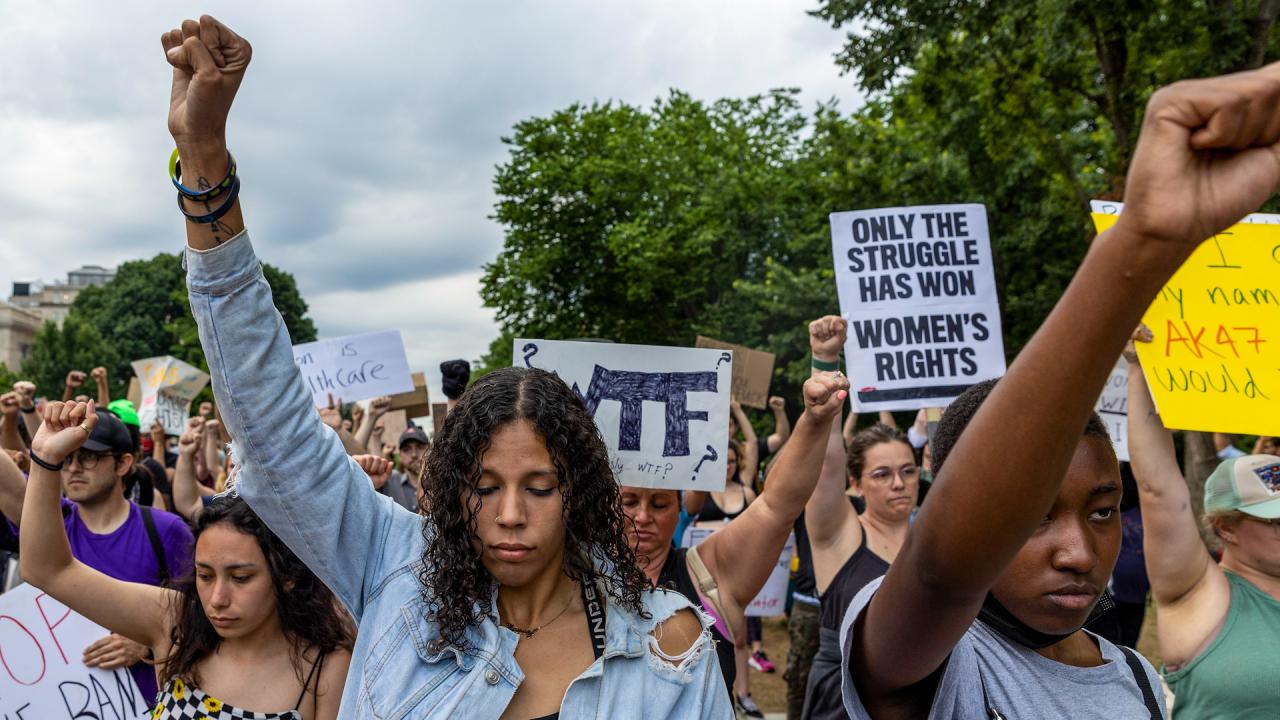Pope Francis: Globalizing The Church While Navigating Deep Divisions

Table of Contents
Francis' Vision of a Globalized Church
Pope Francis envisions a Catholic Church that is truly global, embracing diversity and actively engaging with the world's challenges. This vision is manifested in several key areas:
Emphasis on Interfaith Dialogue
Pope Francis has consistently championed interfaith dialogue and ecumenism. His commitment is evident in numerous initiatives:
- Meetings with world religious leaders: He has fostered unprecedented dialogue with leaders from various faiths, including Islam, Judaism, and Buddhism, promoting mutual understanding and respect. These meetings aim to build bridges and foster religious tolerance.
- Joint declarations and initiatives: Collaborative efforts with other religious communities on issues of common concern, such as peace, poverty, and environmental protection, demonstrate a commitment to shared action. These initiatives highlight the power of interreligious dialogue in addressing global challenges.
- Promoting religious freedom: Pope Francis has consistently advocated for the rights of religious minorities and the freedom to practice one's faith without persecution, further strengthening interfaith relations and promoting global religious tolerance.
These initiatives are not merely symbolic gestures; they represent a strategic move to globalize the Church's image and reach, demonstrating its commitment to cooperation and understanding in an increasingly interconnected world. The emphasis on ecumenism and interreligious dialogue also contributes to a more inclusive and welcoming Church.
Focus on the Peripheries
A defining characteristic of Pope Francis' papacy is his unwavering focus on the "peripheries"—the marginalized communities often overlooked by traditional Church structures. This commitment is reflected in:
- Frequent visits to impoverished regions: His pastoral trips prioritize engagement with the poor, the sick, and the vulnerable, highlighting the Church's social justice mission.
- Pronouncements on social justice issues: He has consistently spoken out against economic inequality, social injustice, and the exploitation of the vulnerable, calling for systemic change and a commitment to synodality, emphasizing the importance of listening to the voices of the marginalized.
- Emphasis on integral human development: His emphasis on this concept promotes a holistic approach to human flourishing, addressing not just spiritual needs but also material and social well-being.
This focus on the peripheries challenges traditional power structures within the Church, fostering a more inclusive and outward-looking vision. It directly addresses the needs of those often left behind, aligning the Church's actions with its social justice teachings.
Reform Efforts within the Church
Pope Francis has initiated significant reform efforts within the Church's administrative structures, aiming for greater transparency and efficiency:
- Curia reform: He has undertaken a significant restructuring of the Roman Curia, aiming to streamline its operations and reduce bureaucratic inefficiencies.
- Emphasis on synodality: He promotes a more participatory approach to Church governance, encouraging greater input from local churches and lay people. This emphasis on synodality seeks to decentralize power and foster a more collaborative decision-making process.
- Focus on administrative reform: Efforts are underway to improve financial transparency and accountability within the Church.
However, these reform efforts have met with resistance from some traditionalist factions, highlighting the deep divisions within the Church. The success of these reforms will depend on navigating the complexities of internal politics and garnering broader support within the Church.
Navigating Deep Divisions within the Church
Despite Pope Francis' efforts towards globalization, deep divisions persist within the Catholic Church:
Traditionalist Resistance to Reform
Pope Francis' progressive stance has faced significant pushback from traditionalist Catholics who view his reforms as undermining Church doctrine and tradition. This resistance manifests as:
- Public criticism of papal pronouncements: Certain groups openly criticize the Pope's teachings on social issues and his efforts to modernize the Church.
- Resistance to liturgical changes: Concerns have been raised regarding the Pope's approach to liturgical reforms.
- Formation of dissident groups: Some conservative Catholics have formed groups that openly oppose the Pope's direction.
These doctrinal disagreements highlight the significant challenge of reconciling tradition with the needs of a modernizing Church.
Differing Views on Social Issues
Significant divisions exist within the Church on various social issues, including:
- LGBTQ+ inclusion: The Church's stance on LGBTQ+ issues remains a source of considerable debate, with differing views on pastoral care for LGBTQ+ individuals and the acceptance of same-sex relationships.
- Women's ordination: The question of women's ordination to the priesthood remains a contentious issue, dividing opinions both among clergy and laity.
- Environmental stewardship: While Pope Francis has strongly advocated for environmental protection, some within the Church express skepticism about the urgency of climate change and its implications.
These differing viewpoints on moral theology significantly impact the Church's ability to engage effectively with contemporary social challenges and maintain a unified global image.
Geographical and Cultural Variations
The challenges facing the Church vary considerably across different geographical regions and cultures:
- Differing levels of development: The Church's challenges in developing countries differ from those in affluent nations.
- Cultural sensitivities: The Church must navigate diverse cultural contexts and sensitivities in its approach to evangelization and pastoral care.
- Local contexts: Globalized approaches must be adapted to suit specific local contexts.
Pope Francis' global vision must account for these varying contexts, ensuring that its initiatives are sensitive to local needs and traditions.
Conclusion
Pope Francis' papacy represents a significant attempt to modernize and globalize the Catholic Church, prioritizing inclusivity and dialogue. However, this endeavor faces substantial resistance from traditionalist factions and deep-seated divisions on key social and doctrinal issues. The success of his vision hinges on his ability to navigate these internal conflicts while fostering a genuinely global and inclusive Church.
Understanding the complexities of Pope Francis' leadership and the obstacles he encounters in globalizing the Catholic Church is paramount. Further research into the evolving dynamics of the Church under Pope Francis and the ongoing debates surrounding his reforms is crucial to fully comprehending the future trajectory of the Catholic faith. Continue learning about Pope Francis' impact on the Global Church and the ongoing dialogue surrounding his papacy.

Featured Posts
-
 Over The Counter Birth Control Implications For Reproductive Rights After Roe V Wade
Apr 24, 2025
Over The Counter Birth Control Implications For Reproductive Rights After Roe V Wade
Apr 24, 2025 -
 Nba All Star Weekend Green Moody And Hield Among Participants
Apr 24, 2025
Nba All Star Weekend Green Moody And Hield Among Participants
Apr 24, 2025 -
 From Scatological Data To Engaging Podcast Ais Role In Content Transformation
Apr 24, 2025
From Scatological Data To Engaging Podcast Ais Role In Content Transformation
Apr 24, 2025 -
 Credit Card Industry Faces Headwinds As Consumer Spending Slows
Apr 24, 2025
Credit Card Industry Faces Headwinds As Consumer Spending Slows
Apr 24, 2025 -
 Decoding The India Market Buzz Factors Behind Niftys Surge
Apr 24, 2025
Decoding The India Market Buzz Factors Behind Niftys Surge
Apr 24, 2025
